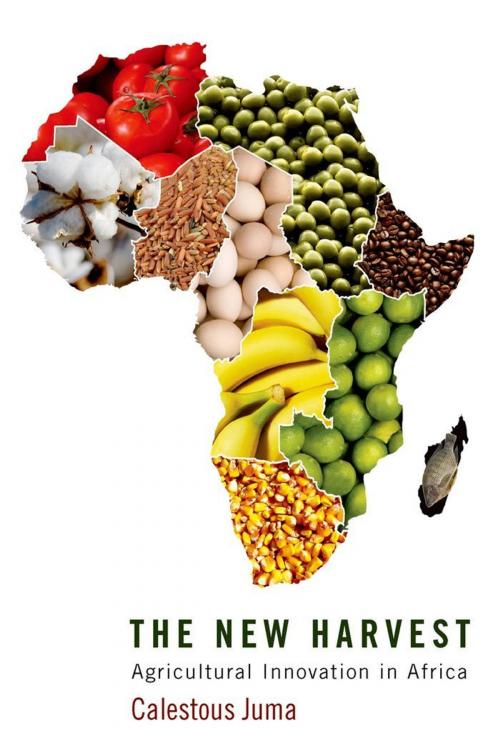The New Harvest
Agricultural Innovation in Africa
Business & Finance, Economics, Economic Conditions, Nonfiction, Social & Cultural Studies, Political Science, Politics, Government, Public Policy| Author: | Calestous Juma | ISBN: | 9780199831432 |
| Publisher: | Oxford University Press | Publication: | January 14, 2011 |
| Imprint: | Oxford University Press | Language: | English |
| Author: | Calestous Juma |
| ISBN: | 9780199831432 |
| Publisher: | Oxford University Press |
| Publication: | January 14, 2011 |
| Imprint: | Oxford University Press |
| Language: | English |
African agriculture is currently at a crossroads, at which persistent food shortages are compounded by threats from climate change. But, as this book argues, Africa faces three major opportunities that can transform its agriculture into a force for economic growth: advances in science and technology; the creation of regional markets; and the emergence of a new crop of entrepreneurial leaders dedicated to the continent's economic improvement. Filled with case studies from within Africa and success stories from developing nations around the world, The New Harvest outlines the policies and institutional changes necessary to promote agricultural innovation across the African continent. Incorporating research from academia, government, civil society, and private industry, the book suggests multiple ways that individual African countries can work together at the regional level to develop local knowledge and resources, harness technological innovation, encourage entrepreneurship, increase agricultural output, create markets, and improve infrastructure.
African agriculture is currently at a crossroads, at which persistent food shortages are compounded by threats from climate change. But, as this book argues, Africa faces three major opportunities that can transform its agriculture into a force for economic growth: advances in science and technology; the creation of regional markets; and the emergence of a new crop of entrepreneurial leaders dedicated to the continent's economic improvement. Filled with case studies from within Africa and success stories from developing nations around the world, The New Harvest outlines the policies and institutional changes necessary to promote agricultural innovation across the African continent. Incorporating research from academia, government, civil society, and private industry, the book suggests multiple ways that individual African countries can work together at the regional level to develop local knowledge and resources, harness technological innovation, encourage entrepreneurship, increase agricultural output, create markets, and improve infrastructure.















